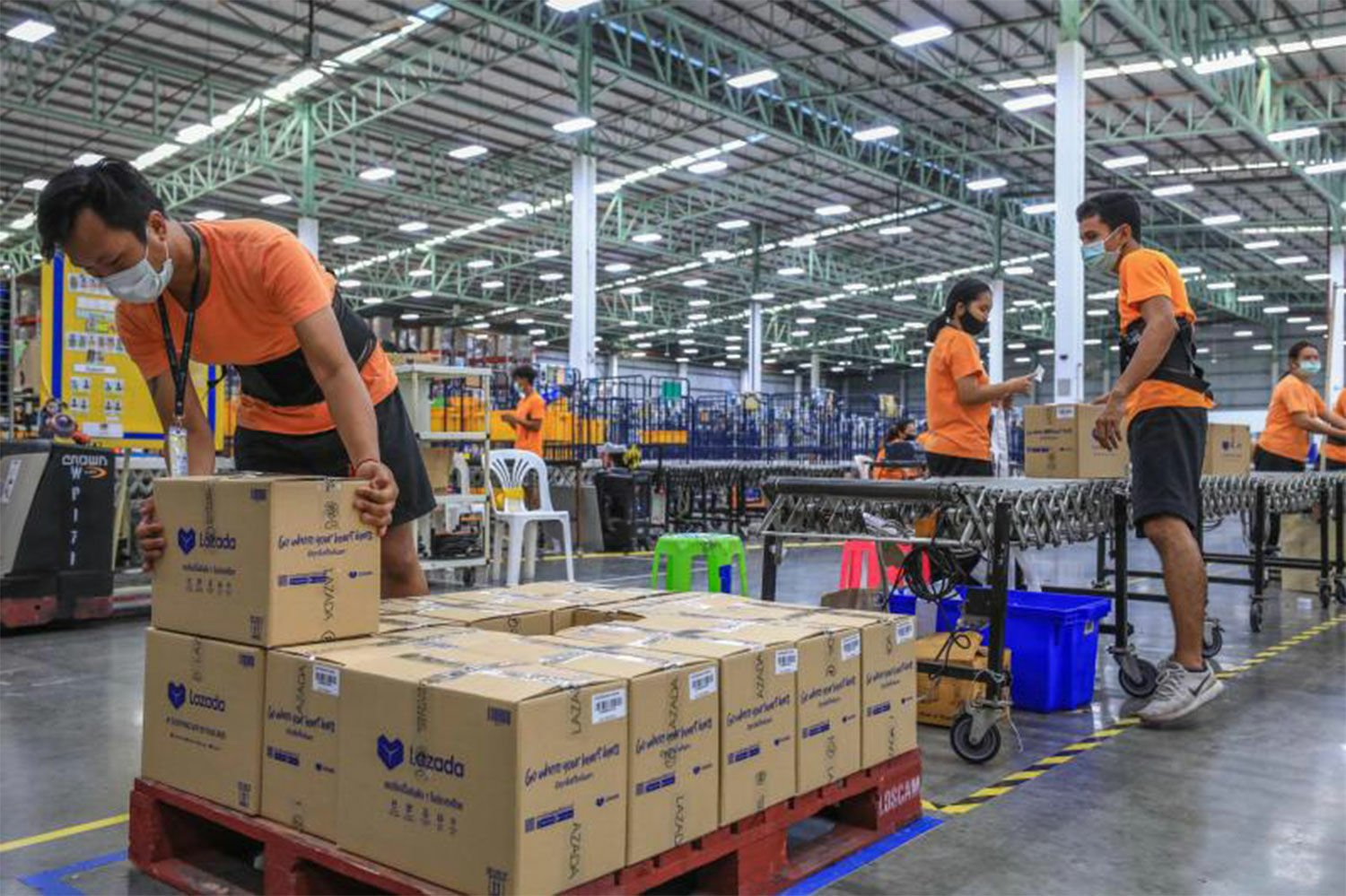Thailand mandates VAT registration for online sales platforms

The Ministry of Finance is set to integrate online sales platforms into Thailand’s tax system, following a Cabinet decision mandating these platforms to register for value-added tax (VAT).
An anonymous ministry source confirmed that the Revenue Department will amend the Revenue Code in line with the Cabinet’s resolution. Online sales platforms will now be required to register for VAT in Thailand and may also be subject to personal and corporate income tax.
The registration requirement will allow the Revenue Department to access transaction data from these platforms, the source added.
The Cabinet recently decided to revoke the VAT exemption for imported goods valued at less than 1,500 baht (US$44), effective from July 5. This measure aims to establish tax equity between imported goods, particularly from China, and domestically produced goods, especially those by small and medium-sized enterprises.
In 2021, the Revenue Department initiated VAT collection for electronic services (VES) from foreign online platforms operating in Thailand. This move was aimed at ensuring fair VAT collection across all businesses.
Foreign online platforms encompass a range of services, including online advertising, e-commerce, subscription platforms streaming movies, music, and games, peer-to-peer transport services, and online travel agencies booking accommodation, hotels, and travel tickets for individual customers not registered for VAT.
The e-service tax law, which came into effect on September 1, 2021, mandates foreign online providers offering services to users not registered for VAT in Thailand and earning more than 1.8 million baht (US$53,000) in service revenue per year to register for the VES system on the Revenue Department’s website.
The e-service tax aims to level the playing field between Thai and foreign service platforms. Before this, Thai online businesses with annual revenues exceeding 1.8 million baht were required to register and pay VAT, whereas foreign businesses offering similar services were not, reported Bangkok Post.
On September 3, the Cabinet also directed the implementation of expedited measures to curb illegal sales of foreign goods. This will include the enforcement of customs duty, corporate income tax, VAT, anti-dumping tax, and anti-circumvention tax, alongside safeguard measures to protect against a surge in imports.
Latest Thailand News
Follow The Thaiger on Google News:


























